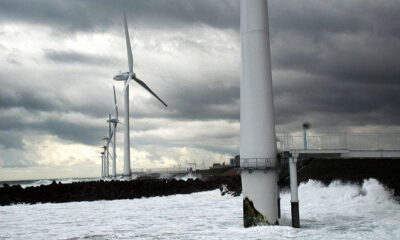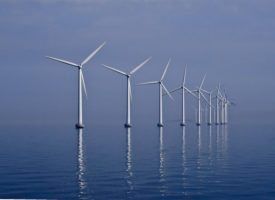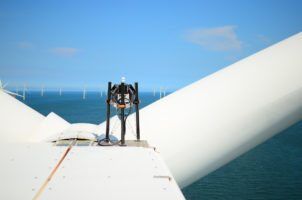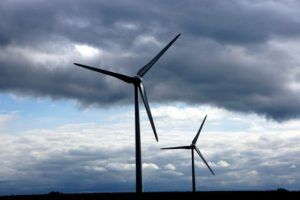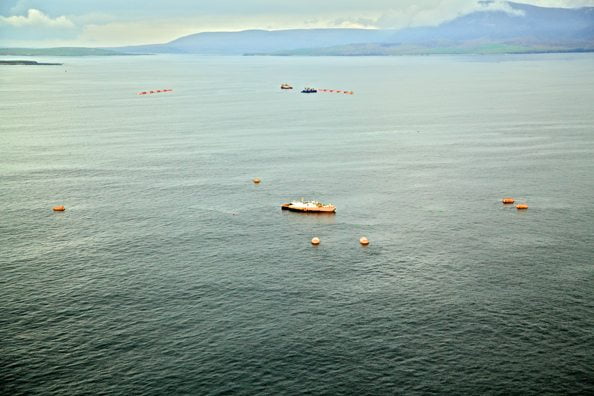
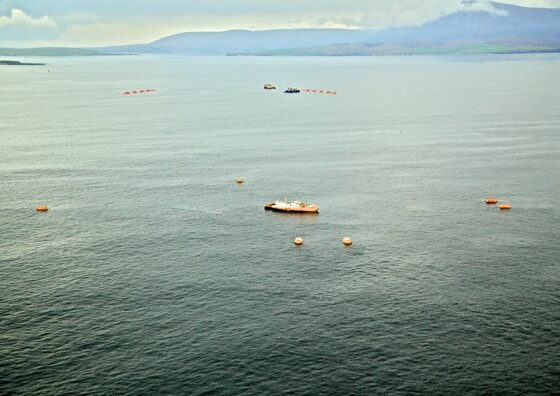
Energy
ORE Catapult ‘TAPs’ Into Marine Technology Development Journey
The Offshore Renewable Energy (ORE) Catapult has today (Tuesday 23 February) launched its Technology Assessment Process (TAP) for new and developing wave and tidal energy technologies that allows developers to benchmark their technologies and map out and follow a more structured technology development journey. This will result in a less expensive, faster and more certain development pathway.
Working with delivery partners the European Marine Energy Centre (EMEC) in Orkney, ORE Catapult will guide technology developers through a more structured approach to developing their technologies, from concept development, through to laboratory and analytical testing, prototype proving at a nursery test site, single device deployment and preparations for first arrays.
The TAP methodology is designed to assess the development position of technologies and identify key areas of uncertainty. The tool is then used to track progress, and build evidence of performance through a ‘Technology Passport’ as technological ideas are validated, with greater emphasis on testing and de-risking activities, and so move from one stage of development to the next.
TAP will allow developers to improve understanding and validate the competitive prospects for their innovations. Capital investment can be matched to strong, feasible technical ideas and developers will also be able to offer grant awarding bodies visibility of TAP assessment reports to assist in evaluating competing ideas seeking funding.
Investors and sponsors will benefit from early and ongoing independent review, giving a greater level of confidence in the technology being developed, leading to better informed investment decisions, improved confidence and reduced risk.
Simon Cheeseman, ORE Catapult’s Wave and Tidal Sector Specialist, said: “A successful wave and tidal sector in the UK – contributing thousands of jobs and millions of pounds to the UK economy – will be underpinned by a well-conceived and managed approach to technology development that allows the industry to move down the cost curve, ultimately reducing the levelised cost of marine energy to levels comparable with other sources of electricity.”
“Only those technologies and innovations which best contribute to reducing costs will ultimately survive in the market, and the UK must be at the forefront of introducing a new, more disciplined approach to marine renewables sector technology development – this is the “end to end” technology development regime that TAP provides.”
Eileen Linklater, Client Relations Manager at EMEC, added: “Reducing the risk and cost of marine energy development is vital to the success of this industry, so we’re delighted to be working with ORE Catapult to roll out the Technology Assessment Process.
“We’ll be providing developers with a structured pathway towards commercialisation that suits their needs. Following TAP will help iron out issues earlier in the design process, so that when technologies are deployed at EMEC they can concentrate on the challenges the offshore environment brings. By de-risking technology earlier on, investor confidence will increase which will help marine energy transition towards being a commercial reality.”


 Environment12 months ago
Environment12 months agoAre Polymer Banknotes: an Eco-Friendly Trend or a Groundswell?

 Features11 months ago
Features11 months agoEco-Friendly Cryptocurrencies: Sustainable Investment Choices

 Features12 months ago
Features12 months agoEco-Friendly Crypto Traders Must Find the Right Exchange

 Energy11 months ago
Energy11 months agoThe Growing Role of Solar Panels in Ireland’s Energy Future
